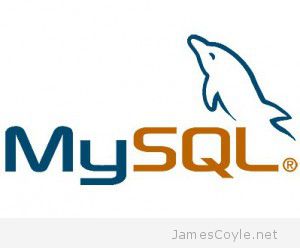MySQL Database Alternative
Category : How-to
 There are many alternatives to MySQL that tick some of the boxes you may require. There are plenty of free, open source databases such as PostgreSQL, MogoDB, CouchDB and Apache Derby however many of these databases have a different feature set or are a completely different type of database to the standard MySQL relational data model. Another question is what if I already have MySQL set up in my environment and would like to change? Many people are concerned that the (fairly) recent takeover of Sun Microsystems by Oracle could spell trouble for MySQL.
There are many alternatives to MySQL that tick some of the boxes you may require. There are plenty of free, open source databases such as PostgreSQL, MogoDB, CouchDB and Apache Derby however many of these databases have a different feature set or are a completely different type of database to the standard MySQL relational data model. Another question is what if I already have MySQL set up in my environment and would like to change? Many people are concerned that the (fairly) recent takeover of Sun Microsystems by Oracle could spell trouble for MySQL.
 MariaDB was created by some of the original developers of MySQL and was created by forking the MySQL code base. It[‘s maintained by the MariaDB Foundation who ensures the free availability of the database software. There are currently 2 main versions of MariaDB available as stable distributions:
MariaDB was created by some of the original developers of MySQL and was created by forking the MySQL code base. It[‘s maintained by the MariaDB Foundation who ensures the free availability of the database software. There are currently 2 main versions of MariaDB available as stable distributions:
- Version 5.x – which is a drop in replacement for any version 5.x of MSSQL and promises to support all MySQL version 5.x functionality. With this version of MariaDB you can switch your applications to point at it and they will just work. All the connectors and client binaries are compatible and for most scenarios will work right out of the box.
- Version 10.x – this is the new branch of MariaDB which drifts away from the original MySQL specification and introduces new features. Currently, most of the basics will work, but it no longer guarantees backwards compatibility with MySQL and can no longer be used as a drop in replacement. Eventually this had to happen to enable the MariaDB developers to implement the features they needed to and is the branch of MariaDB that’s being most actively developed.
As you can see, version 5.x is a version you can use straight away if you’re a MySQL 5.x user if you so choose. Version 10.x however, will take a little more time to implement as you’ll need to change the connectors in your applications and ensure that all the features you require from the database are the same. You may also wish to use some of Version 10.x’s features that would otherwise be unavailable.
Take a look at installing MariaDB on Ubuntu or installing a quick and easy database cluster.